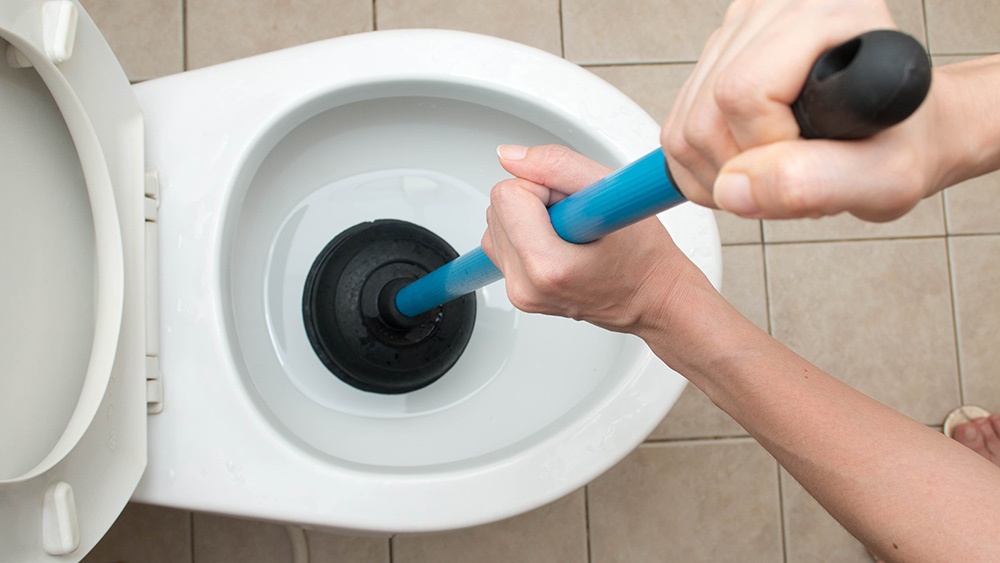A lot of people have gone through various plumbing catastrophes, from leaky taps and toilets that overflow to drains that are clogged. Such plumbing crises can strike anyone and usually demand swift action. In our blog post today, we’re going to cover three of the costliest residential plumbing emergencies that could occur and discuss methods to prevent these issues in your household.
Table of Contents
1. Water heater problems

Water heaters are a vital component of any home because they provide hot water for showers, dishwashers, clothes washers and more. When the tank is not operating correctly it can cause major problems to your plumbing system.
Some signs that may indicate you have a problem with your water heater include:
- A water heater that is too hot or not producing enough heat.
- Rusty colored or discolored discharge from the vent pipe on a gas-powered unit.
- Excessive amounts of sediment in tank, which can cause corrosion and clogs if it flows through pipes to fixtures.
If you have these symptoms contact a professional plumbing company immediately.
One way to avoid water heater problems is to have an annual maintenance check up.
A professional will take a few minutes to inspect the tank and ensure that it’s functioning properly. They might even give you tips on how to keep your water heater running efficiently.
Another way to avoid these issues is by having a gas leak detector in place for safety purposes, as a leak could cause an explosion.
A gas leak detector will let you know when there is a problem and give you time to find the source of the issue before it becomes expensive or dangerous.
If your water heater has been running for more than ten years, then its recommended that you replace it because they don’t last forever.
2. Toilet Problems

Toilets can be expensive when it comes to repairs and replacements, especially if you have a one-piece toilet or an oversized two-piece toilet.
Some signs that you might have a problem with your toilet include:
- Discolored water in the bowl.
- Water level in tank slowly rising or not shutting off when flushed.
To avoid these issues is to have your toilet professionally inspected.
A plumber will check for a clog and ensure that the fill valve is working efficiently to make sure you don’t end up with an overflowing tank or flooding from running water in your bathroom.
Another way to avoid these issues is by purchasing a back-up supply of fresh drinking water should there be a disruption in your plumbing system.
This will ensure that you always have access to clean water, even if the pipes at home are not working properly.
One last way to avoid these issues is by installing a shutoff valve near your toilet for an easy fix should there be any problems with it.
A shut off valve allows you to shut off water to the toilet with a valve without having to go into your basement or crawl space.
This will also ensure that you don’t have any leaks in other parts of your plumbing system from cracked lines due to excess pressure caused by flushing.
3. Sink

Sinks can also be costly because they are usually made out of porcelain or stainless steel which tend to scratch more easily than other materials, or because they are part of a more complex system (like an island).
Some signs that you might have a problem with your sink include:
- Water spilling over the border of your sink and onto the counter or floor, sometimes with a steadily increasing leak that requires more water to be added periodically.
- Rusty stains on the bottom of the sink bowl
- The sound of rushing water from underneath your kitchen cabinet if you have an undermount sink.
If any these sound familiar, you might need a plumber to come and repair your sink.
To prevent a sink from leaking, keep it clean and dry. Don’t use too much soap or detergent when washing dishes; make sure the sink is thoroughly dried before you turn off the water; install rubber seals around your faucet handles to prevent leaks if they are worn, dirty or cracked.
To protect your sink from scratches, we recommend you use pot mats or an under-shelf liner in order to avoid having metal pans bang against it.
Conclusion
We hope you’ve learned at least one new thing from this post, or that we’ve been able to help reduce your stress level by addressing some of the most common plumbing disasters. If not, don’t worry! Our team is ready and waiting for all of your questions about how to prevent these types of costly home plumbing disasters.

